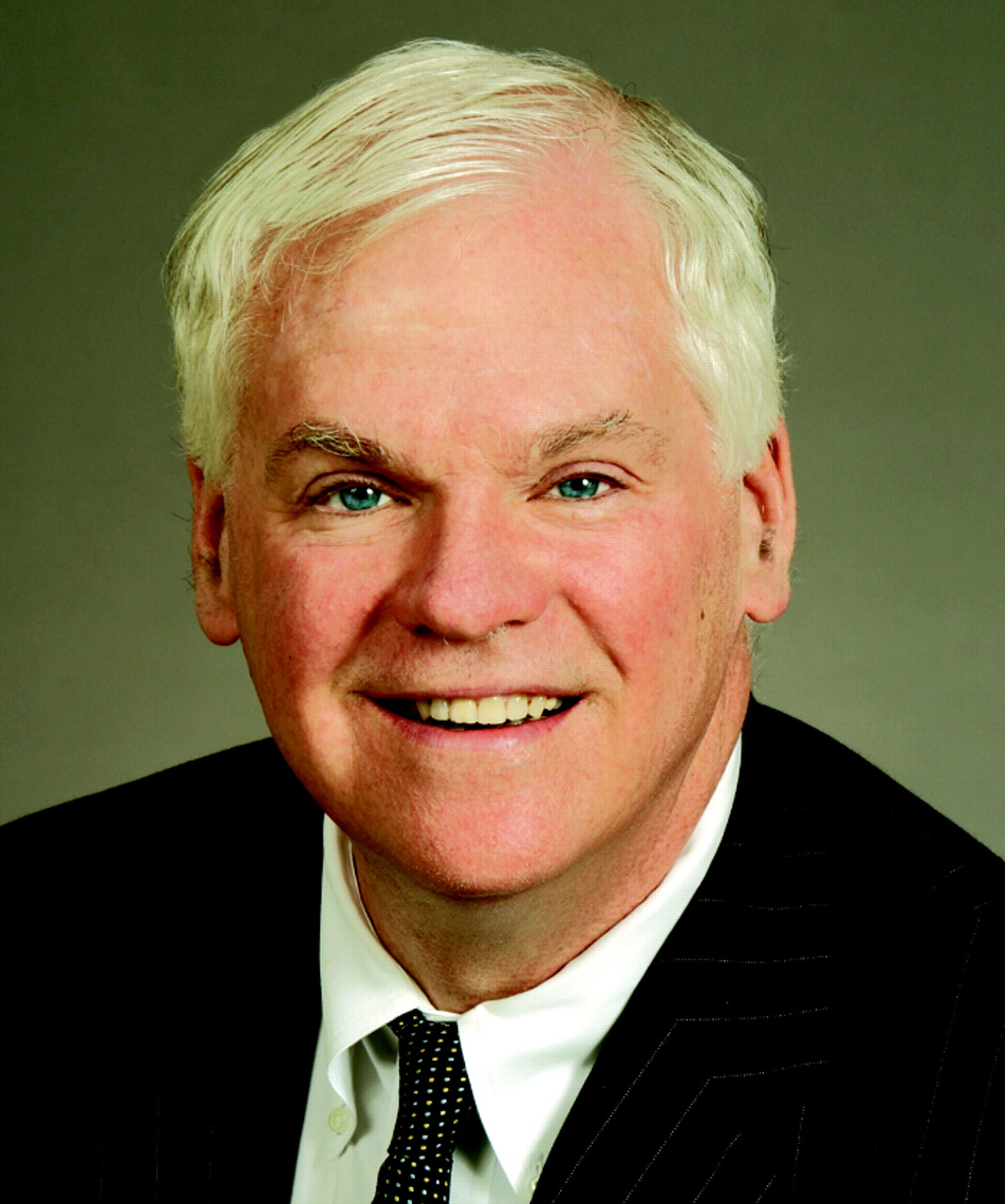APA Office Helps Members Negotiate Managed Care Concerns
Under the direction of Irvin “Sam” Muszynski, J.D., APA's Office of Healthcare Systems and Financing (OHSF) works on both policy issues that affect psychiatry as a whole and practical issues that are of concern to individual psychiatrists. Not surprisingly, these issues often overlap.

Last year we became aware of problems with documentation for Oxford Health Plans through calls that came to the Managed Care Help Line from APA members in New York who were requesting help in complying with an Oxford audit on mental health services. Recently Oxford announced that it had approved a documentation template for psychiatry that adheres to the privacy rule set forth in the Health Insurance Portability and Accountability Act (HIPAA) and the requirement that only minimally necessary patient information be released to insurers for claims audits.
As a result of intervention by Seth Stein, J.D., executive director of the New York State Psychiatric Association (NYSPA), and APA, not only did Oxford agree to the meetings that established the recently finalized template, but also the results of the audit were invalidated, and all requests for the return of monies based on insufficient documentation were rescinded. APA and NYSPA were involved in the development of the new template over the past year, and both were involved in drafting the document eventually agreed to by Oxford and other mental health associations involved with the negotiations. We hope that this template will serve as a model for the insurance industry on how patient confidentiality can be maintained even when claims audits are required. More information about these developments will be reported in greater length in a future issue.
As was the case with the Oxford audit, the OHSF's Managed Care Help Line serves as a meaningful and convenient tool for communicating concerns and recommendations. This toll-free line, managed by Karen Sanders, offers help to APA members on payment and documentation issues when dealing with insurers. The top five issues for which members call for help are practice software, claims nonpayment, opting out of Medicare, confidentiality relating to HIPAA, and legal/contracting problems.
APA members can call the Managed Care Help Line at (800) 343-4671 or e-mail their comments to [email protected].
Issues referred to the OHSF are reviewed on a case-by-case basis. Staff have been effective in solving problems through the working relationships they have established with medical directors of managed care organizations and Medicare carriers. Problems that seem insoluble to individual APA members can often be resolved because our staff have access to the people who can cut through the red tape. They are also able to do the legwork that individual psychiatrists and their staffs often don't have time to do. Although we may not always prevail, we have a solid record of facilitating helpful resolutions.
The OHSF also deals with issues that affect individual psychiatric practices, but are clearly policy issues that need to be approached on the national level. For instance, Rebecca Yowell, OHSF's assistant director, serves as APA's staff liaison to the AMA's Current Procedural Terminology (CPT) Editorial Board, which establishes medical procedure coding, and the Relative Value Update Committee, which establishes the work values of medical procedures. While these work values are established for Medicare, they are used by private insurers to make payment policy as well. APA's involvement in this area is especially critical at the moment, since recent proposals for changes have raised scope-of-practice issues for nonphysician practitioners.
Currently, the office is engaged in discussions with Magellan Health Services about eliminating the hold-harmless clause it includes in its contracts with network physicians. APA members have been informed about the dangers of signing contracts with these clauses, and Magellan is now the only major behavioral health managed care organization that still includes this provision in its contract.
The OHSF was also involved in helping formulate APA's comments on the proposed Medicare drug benefit (Psychiatric News, November 5). This was done in concert with the National Alliance for the Mentally Ill, the National Mental Health Association, and the National Association of State Mental Health Program Directors to ensure that Medicaid patients throughout the country have access to appropriate psychotropic medications and proved to be invaluable in approaching the new issue of access to medications under Medicare.
In addition, OHSF staff continue to promote important workplace mental health tools like the depression calculator, posted online at<www.depressioncalculator.com>. It enables employers to assess the fiscal impact of untreated depression on their company's bottom line. OHSF staff member Clare Miller heads APA's Business Initiative and has been instrumental in developing materials on depression for businesses to distribute to their employees.
OHSF staff member Ellen Jaffe is responsible for the popular“ Practice Management for Early Career Psychiatrists.” Thanks to new technology, we are now able to offer downloadable versions of each chapter from the APA Web site. This and other resources, such as the CPT Handbook for Psychiatrists and Psychiatric Practice and Managed Care, provide valuable and practical information for members.
Other staff members include administrative assistants Mary Ward Rohweder and Samantha Hawkins.
This work is an example of how our staff assists members with resolutions on policy issues that affect their daily practice and patient services.
Please send your comments to me at [email protected].▪



